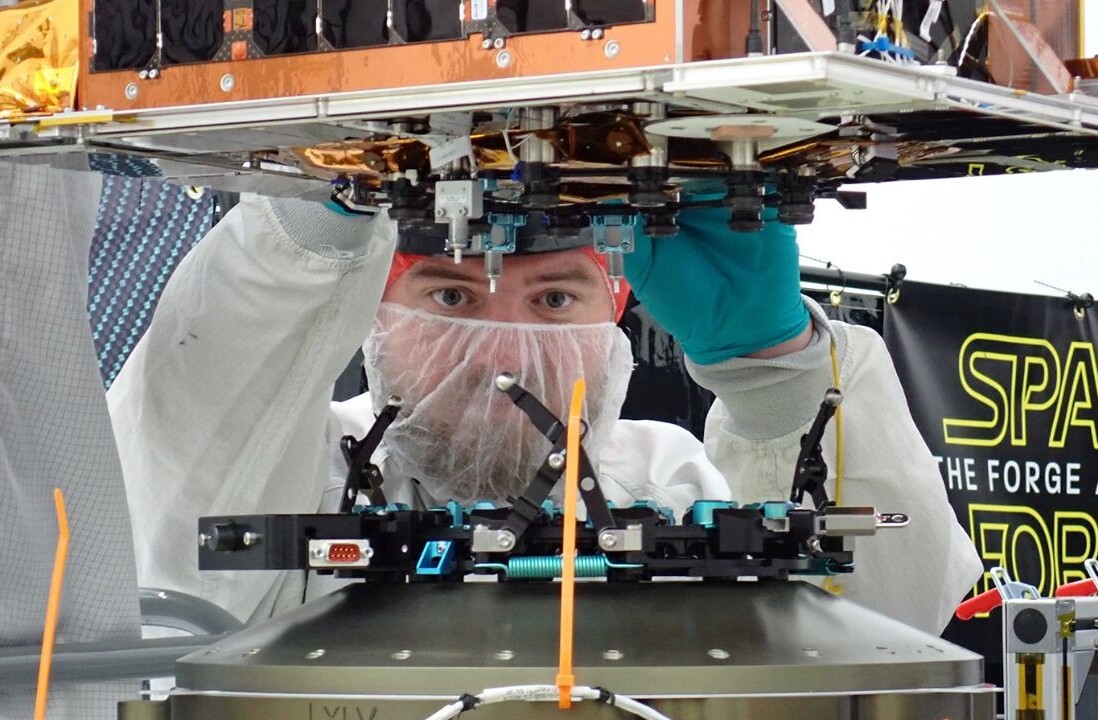
You could hear the Twitterverse shake when startup crowdfunding got passed via the JOBS Act. With one bill, it felt like Congress had finally democratized angel investing, something long seen as controlled by the select few “accredited investors.”
As the Twitterati now patiently wait for the SEC to release its regulations and usher in startup crowdfunding, a different breed of crowdfunding is emerging out of DC. Fundrise, a DC-based startup, is taking advantage of seldom used SEC Regulation A to start selling shares in commercial real estate at $100 a pop.
Crowdfunded real estate?
Fundrise was founded by Ben and Dan Miller, who spent the last few years building up a booming commercial real estate business. Frustrated with Wall Street investors, the brothers decided to build Fundrise to democratize the process of investing in commercial real estate.
“We felt that the private equity funds we looked to raise money from typically had no natural connection to the neighborhood buildings we were developing,” Ben Miller explained. So the brothers cut out the traditional middlemen and created the opportunity for direct investment. Now Ben says they believe that Fundrise “provides a platform that can revolutionize who influences neighborhood development by giving the general public the opportunity to invest in and own local real estate and businesses.”
The first offering on the site allows users to buy shares in 1351 H Street NE, a restaurant location on the booming H Street Corridor in DC. The building is leased to Maketto, a yuppie paradise of sorts, that combines a Japanese-themed culinary “night market” with a clothing boutique for DURKL, a popular DC-based streetwear company.
Ben told us that “Our goal at Fundrise is to provide the next generation of investors an opportunity to be a part of their own neighborhood development…all while earning potential financial returns.“ By investing in the project, you get a portion of the 10 year lease proceeds (projected to be 8.4% year), a portion of the profits of Maketto, and a portion of the future appreciation of the building.
How does it work?
A $100 share qualifies you for Kickstarter-style rewards, as well as access to shareholder events and parties. For $1000, you get a 10% discount on all food purchases and DURKL clothes and for $10,000, you get an annual dinner prepared by their chef.
Since it launched last week, Fundrise has raised $118,500. By combining economic rewards with Kickstarter-style benefits, Maketto gains a population of customers who are literally invested in its success. Ben explained that “by giving the neighborhood and potential customers the opportunity to become your partner, Fundrise creates a whole new form of brand loyalty. We believe that investors can be powerful forces in helping businesses succeed.”
How is it legal?
Fundrise works under the rarely used Regulation A exemption for small public offerings, under which it took the Miller brothers over a year to get properly registered. This regulation offers the ability to do small public offerings under $5 million. To be compliant, Fundrise also had to register with individual state securities commissions. Consequently, right now only residents of Washington, DC and Virginia can invest.
While currently there is only one property up on Fundrise, the Washington City Paper also reported that Fundrise filed with the SEC an entity named “906-908 H Street NE,” indicating that another project may be in the pipeline.
Startup crowdfunding is seen, rightly or wrongly, as a boon for the entrepreneurial ecosystem. Crowdfunded real estate may not hold the lofty promise of creating high growth tech companies, but it does offer people the chance to own a piece of their neighborhood.
“It’s social innovation meets investing; for the first time, Fundrise is providing a means for community members access to collaborative investment, while becoming part owners of the spaces and people they support,” said Miller.
And who knows? Maybe it’ll work.
Disclosure: The author bought shares in the offering.
See also: Tech, hip hop and crowdfunding: World Up turns to Indiegogo to unlock Mozilla Foundation cash
Image Credit: Mike Behnken
Get the TNW newsletter
Get the most important tech news in your inbox each week.





